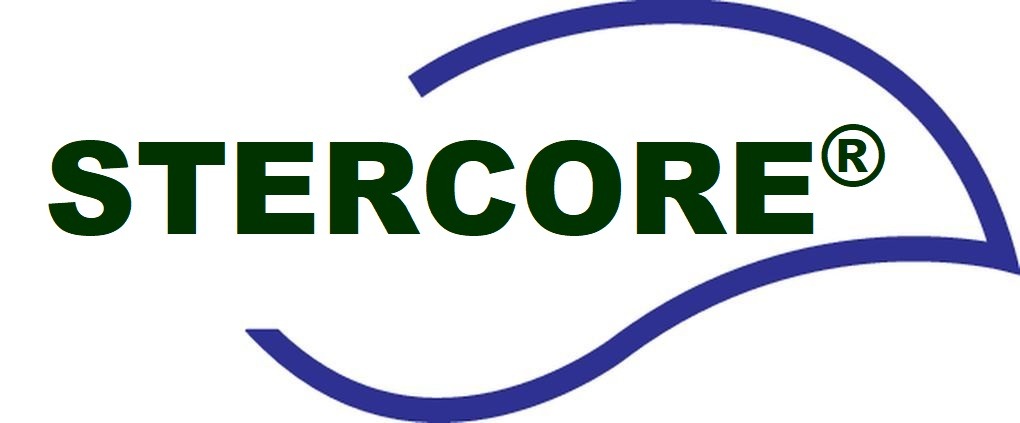STERCORE can start construction of their Bio-Based Carbon factory. The Council of State has declared Milieudefensie’s appeal against the construction of the STERCORE factory completely unfounded. STERCORE’s permit is therefore irrevocable, and STERCORE can now prepare to build its first green gas and Bio-Based Carbon factory in Emmen.
The installation will produce approximately 23 million M3 of green gas (739 TJ energy) annually, which corresponds to the gas consumption of approximately 21,000 households. The STERCORE green gas and Bio-Based Carbon factory is also operated without SDE subsidy.
Reduction of manure surplus
Bio-Based Carbon is produced sustainably and circularly from raw materials from animal manure and digestate. Bio-Based Carbon from co-fermentation is the ultimate organic fertilizer and soil improver and greatly reduces the use of artificial fertilizers and crop protection products. Bio-Based Carbon also qualifies for “end-waste status”; the only product derived from animal manure in the Netherlands. Furthermore, the Bio-Based Carbon contributes to CO2 storage in the soil and the ‘Carbon Farming’ principle.
CO2 Reduction
STERCORE has had a very detailed LCA (Life Cycle Assessment) drawn up to demonstrate its own climate impact. The most important outcome from the LCA is that a STERCORE factory has an annual avoided CO2 eq. of 225,000–345,000 tons of CO2. Furthermore, no waste flows are released during the process. So with this, STERCORE contributes to up to a 10% reduction in the total CO2 emissions of the Province of Drenthe in 2019. The 30,000 tons of CO2 released directly from the process is captured and upgraded to food quality; This makes it suitable for use in greenhouse horticulture, cooling products and for future applications for which CO2 from natural gas is currently used. The heat released (approx. 5 MW per hour/70°C) can also be used externally for, for example, district heating, low-temperature drying of products and heating water for cleaning work.
For more information, see our website www.stercore.nl Sharing this message is much appreciated.



